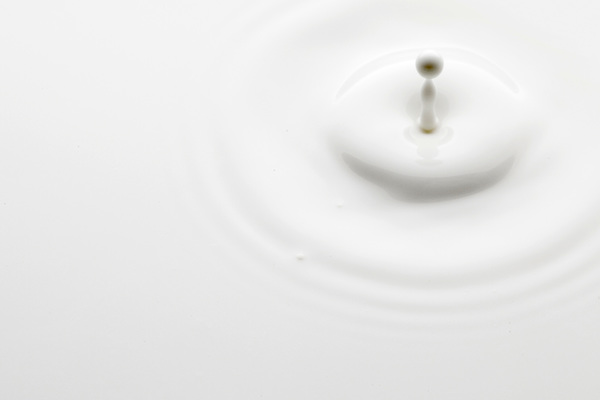Nutritious, frothy and full of goodness, who can say no to a glass of milk?
Best served hot, cold, or in some yummy hot chocolate, milk is a common beverage consumed by people of all cultures.
One of the most popular varieties of milk that people like is cow’s milk.
Apart from tasting delicious, it carries a good balance of carbs, fat, protein, calcium, and other vitamins and minerals.
Owing to its varied nutrient profile, you may be confused about the role of milk in weight management.
We’re here to tell you everything you need to know about milk and weight gain.
Contents
Does milk cause belly fat?
A simple answer to this is NO!
Ever since the creation of the low-fat and no-fat dairy product industry, public opinion about the association of dairy foods being fattening foods has only become more strong.
But research shows that including an adequate amount of milk, yogurt, and cheese in your everyday diet is more than beneficial for your nutritional needs.
And no, it is not linked to weight gain.
Even if you are on a strict calorie-controlled diet, at least three servings of milk, yogurt or cheese a day can help you lose more weight and more body fat as compared to people who eat fewer dairy foods.
This is because dairy foods are packed full of nutrients and complex nutrient interactions that are required in a balanced food diet.
As a regular person consuming a daily diet that equals 2000 calories, it is advised to consume both regular and reduced-fat dairy foods for your health, regardless of the fat content.
But this discovery brings another question to mind:
Is milk good for weight loss?
Milk is a healthy source of high-quality protein, which is required for your essential muscle mass building and muscle growth.
Regular strength trainers use milk in their diet to contribute to muscle gains and prevent bone deformities, so you have no real reason to worry about a glass or two!
Milk also contains a high amount of vitamins and nutrients, like zinc, magnesium, calcium, vitamin B12 and vitamin D.
These are especially helpful to make your bones strong, prevent risk of osteoporosis, and without these, your bones can become brittle and weak.
250 ml of milk contains 8 g protein and 125 mg calcium.
Bottom line: lean bodies require milk to function!
Different milk varieties carry different fat and calorie contents per 1 cup (240 ml) milk.
Type | Calories | Fat (grams) |
|---|---|---|
Whole | 150 | 8 |
2% | 125 | 5 |
1% | 100 | 2.5 |
Skim | 80 | 0–1 |
You do not need to cut down milk and milk-based products from your diet if you are trying to shed kilos.
Milk is an essential part of a balanced diet and a daily cup of milk can help keep you fit and energetic.
Especially if you opt for strength and muscle mass gain, go for a post-workout protein shake or smoothie and feel the difference!
The only condition you should really be away from dairy is if you are lactose intolerant.
Lactose intolerant people can replace animal-based milk with plant-based milk products like soy and nut milk.
You can also gain lactose intolerance during adulthood.
What happens if you drink too much milk?
Lactose intolerant people lack the enzyme lactase which breaks down milk in the gut, and in such cases, the milk travels down the digestive system in its intact form and is then broken down by the bacteria in the gut.
When you drink an excess amount of milk, your symptoms may mimic those that they experience.
These digestive issues could range from bloating to cramps and even diarrhea!
So be mindful of how much milk you consume in a day.
Some fun facts about milk you may not know:
- Other than milk, dairy foods like yogurt, cheese on your sandwich, pizza, burgers, or tacos, can help you get your calcium intake in!
- June is the worldwide month for dairy!
- U.S. cows produce around 6-1/2 gallons of milk per day on average. That’s over 100 glasses of milk — 33 children could have 3 glasses each day!
- Did you know that milk remains fresh in the fridge for seven days after its expiration date? If the temperature is maintained at 35-40°F, milk can stay just fine!
- This is not unbelievable, but cheese is the food people crave more than any other food in the world.
- On average, Americans consume a whopping total of three hundred and FIFTY pizza slices per second, which equals to 3 billion pizzas in a year. That’s a lot of pizzas, and a lot of cheese!
- It takes 25 gallons of milk to make 9 gallons of ice cream, 25 pounds of cheese, or 11 pounds of butter. In contrast, it takes about 30 cups of milk to make 1 pound stick of butter.
- 99% of all U.S. households buy milk. The average American drinks around 25 gallons of milk a year, which equals 400 glasses!
